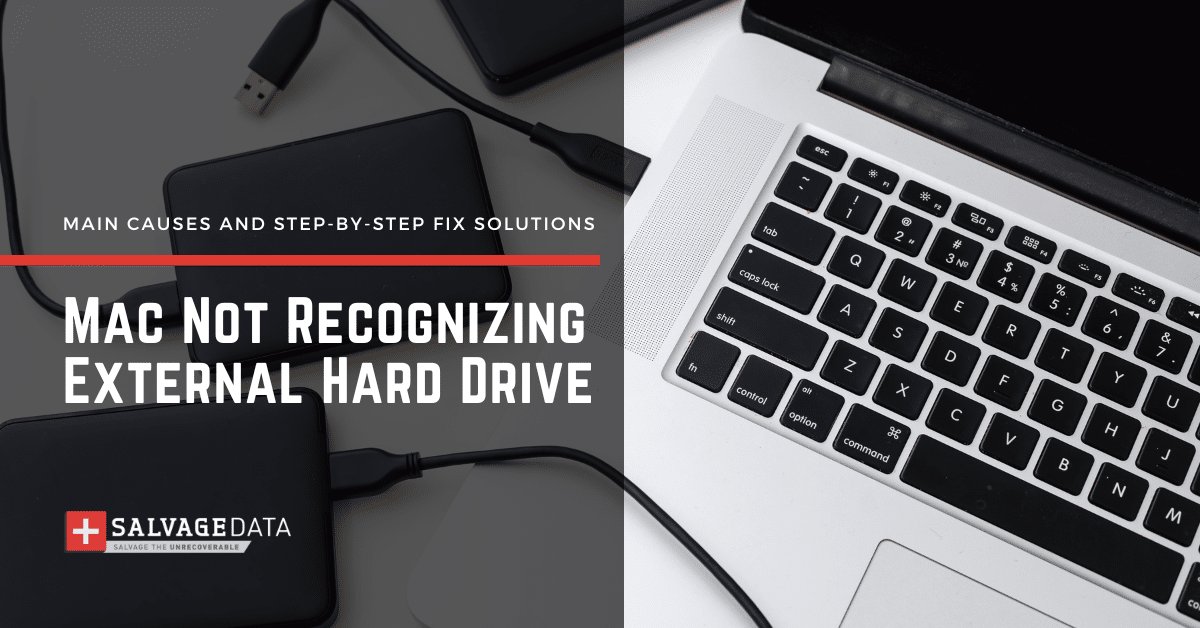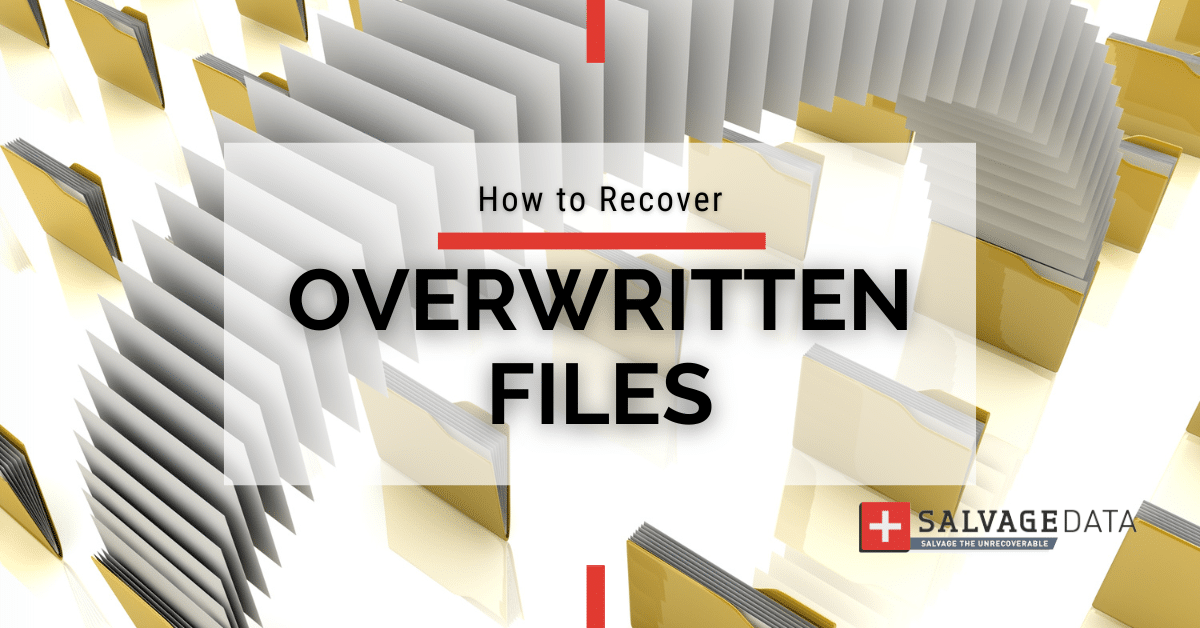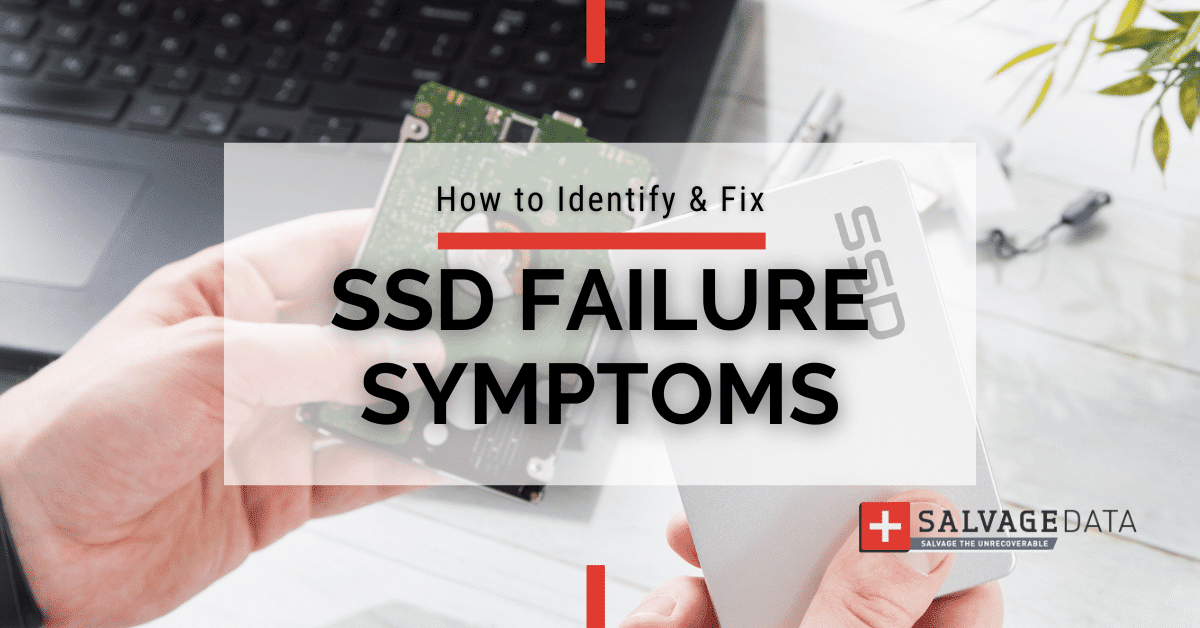On-site or remote RAID data recovery options are available. Get your data recovered by SalvageData's highly-rated professionals with years of experience in secure data recovery.
Request a Free RAID Evaluation
Our system can instantly estimate the recovery possibility, price, and turnaround time to recover your data.
Types of RAID Data Recovery Services
RAID or Redundant Array of Independent Disks combines one or more drives into a single logical unit for increased performance, data storage, and reliability. SalvageData has extensive experience in recovering data from a wide variety of RAID systems, including rare configurations such as RAID 3, RAID 4, or the RAID 51 setup used in exclusively niche scenarios.
RAID 0 data recovery
RAID 0 is the one of the most susceptible for data loss, count on SalvageData’s decades of successful recovery to safely recover your files using the rest of the member disks.
RAID 1 data recovery
Certified RAID 1 data recovery has high chances of 100% data recovered due to RAID 1’s mirroring technique which duplicates data into two or more disks.
RAID 5 data recovery
RAID 5 is known for its increased security. Contact our data recovery advisors for a free evaluation of your RAID 5 array.
RAID 10 data recovery
Most RAID 10 setups can only withstand one drive failure in each mirrored pair of disk drives before risking data loss. Contact SalvageData’s advisors for prevention and recovery.
RAID 50 data recovery
RAID 50 combines RAID 5 and RAID 0 levels, and is not a common configuration. Count on certified professionals with years of experience on RAID 50 recovery.
server recovery
Minimize downtime with secure and specialized server data recovery. Save your data and your business with our certified recovery.
nas storage recovery
Network-attached storage, or NAS, data recovery demands proper tools and knowledge and can be done on-site or remotely. SalvageData can restore NAS data from all manufacturers.
SAN data recovery
SAN stands for storage area network. To recover data from a SAN system is required the proper training and tools. And SalvageData technicians have both.
If you’re unsure about which data recovery service to choose, let our team assist you in selecting the appropriate solutions. We understand the anxiety that comes with a sudden drive failure, and we are more prompt in our actions compared to other recovery service providers.
Verified RAID data recovery experts
Since 2003, SalvageData has been pioneering in the data recovery industry. Our credentials guarantee complete privacy and data security for every client, from small businesses and personal data, to government agencies and HIPAA-compliant institutions.
CERTIFIED EXPERTS
Get your RAID data recovered in an ISO-certified laboratory and highly-rated professionals with years of experience in secure data recovery.
Get started
NO DATA, NO CHARGE
It’s simple: on the unlikely chance that the data is unrecoverable, there’s no charge for our data recovery attempt.
Get started
FREE DIAGNOSTIC
Get an expert evaluation to find out exactly what the issue is with your RAID and determine the complexity of the recovery.
Get started
FAST RECOVERY
We offer a range of turnaround times that you can choose from so you can get your data recovered as fast as you need it.
Get started
24/7 EMERGENCY SERVICES
Count on our 24/7 emergency RAID recovery options. Call now to speak with a data recovery advisor and get your data recovered ASAP.
Get started
WHAT TO DO WHEN YOUR RAID FAILS
A few friendly tips to help you not inadvertently erase all your data
STEP 01
Determine the failure level by checking your RAID drives’ status. Verify if there is RAID or SERVER FAILURE and whether it needs to be shut down. SalvageData can assist in either scenario.
STEP 02
If possible, shut down the storage device or cancel any rebuilds if they weren’t properly setup. To clarify, the proper setup for a rebuild is A) Data is backed up. B) RAID was in degraded mode with the minimum amount of disks present and operational. C) failed member(s) are correctly replaced and verified to be the same capacity devices.
STEP 03
A RAID data recovery advisor can further help navigate the situation with our engineers to determine if we have to do remote, on-site, or in-lab recovery depending on the scenario. A quick call with us may prevent a very expensive and lengthy downtime.
OUR PROCESS
While studies demonstrate that more than 60% of companies go out of business within six months after serious data loss, SalvageData has been successfully combating this disappointing statistic for more than two decades now with high-end equipment and cutting-edge data recovery technologies.
Free Evaluation
Call us 24/7 or fill out a quick form to start your case. Our highly qualified engineers are able to quickly and accurately identify the problem and choose the best approach to retrieve files that will be most effective in your specific case.
Recovery
You’ll receive a prepaid shipping label and instructions to send your media over to our lab. Rest assured that we’ll employ all of our technical capability and decades of data recovery experience to solve the issue of any kind of storage device and restore your RAID data.
Review Results
In order to offer our customers the best experience and make the recovery procedure as convenient and transparent as possible, we provide a list of recovered items for your review as soon as the process of retrieving the files is completed.
Payment
The final cost is based on the complexity of the recovery (logical errors are usually cheaper than mechanical failures) and according to the chosen service option.
Receive data
The retrieved files can either be transferred along with your own device, depending on its condition or by downloading the data onto a new device, all via safe shipping. If size allows it, we can simply send the files over digitally.
Recover RAID files from any manufacturer
SalvageData has established itself as a leading expert in RAID data recovery, thanks to our decades of experience in restoring critical information from even the most complex RAID configurations across a wide range of manufacturing brands.
FASTEST RAID RECOVERY SERVICE NEAR YOU
SalvageData is always there to help you out wherever you are! In case a RAID failure has taken you by surprise, don’t hesitate to send us your device using safe shipping — and let our trained engineers over our RAID data recovery certified lab restore it in the safest, most secure, and fastest manner possible. We have over 60 locations across the Unites States, find the closest RAID recovery service near you!
HOW MUCH DOES RAID RECOVERY COST?
Pricing specified per RAID device member
CAD$400 - 900
- Deleted data
- Corrupt sectors
- Quickly formatted
- Slow Reading
- Missing Files
- Blue or Black Screen
- Blinking Light
CAD$650 - 1 300
- Power surge
- Controller chip failure
- Degraded surface
- Slow Reading
- Clicking Hard Drive
- Beeping or Buzzing HDD
- Dropped Hard Drive
- Hard Drive Not Found
- No Power
- Blinking Light
CAD$900 - 1 800
- Spindle seizure
- Read/write head crash
- Advanced firmware
- Clicking Hard Drive
- Beeping or Buzzing HDD
- Hard Drive Not Found
CAD$1 300 - 2 500+
- Platter damage
- Fire / Water
- Edge Case
- Clicking Hard Drive
- Scratching or Grinding Sounds
- Hard Drive Not Found
- Hard Drive Not Spinning Up
SEE WHAT OTHERS SAY
Verified reviews from around the web
RAID data recovery FAQ
Understand the most common RAID failure signs below, plus everything on SalvageData’s RAID data recovery services and RAID levels supported.
RAID Data recovery software
SalvageData Recovery has partnered with ReclaiMe File Recovery to offer quick and efficient RAID data recovery software. This easy-to-use RAID data recovery software can help you recover the data in case of a deletion or formatted storage media.
LEARN MORE ON OUR BLOG
Complete guides, solutions, and comparisons on all RAID levels & configurations.
















